News
NEWS | Innovation for Life
Prestige Biopharma’s First-in-Class Pancreatic Cancer Treatment, PBP1510, Obtains a Patent in Japan
SINGAPORE, January 27, 2022 – Prestige Biopharma Limited, a Singapore-based biopharmaceutical group with operations in USA and South Korea, announced that the company’s first-in-class anti-PAUF monoclonal antibody, PBP1510 has obtained a patent in Japan.
Given that Japan is one of the biggest markets in the global biologics industry together with USA and Europe, PBP1510’s patent registration in Japan has significant impact in terms of its global reputation and marketability.


PBP1510 has thus far been patented in the seven major countries in the world including USA, Japan, Australia, South Korea, Russia, Taiwan and South Africa, and currently around twenty countries such as Canada and New Zealand are reviewing PBP1510 for patent registration.
The European Medicines Agency (EMA), the U.S. Food and Drug Administration (FDA) and Korean MFDS granted Orphan Drug Designation (ODD) to PBP1510 in 2020. French National Agency for the Safety of Medicines and Health Products has approved a Phase 1/2a clinical trial of PBP1510 in June last year. The Spanish regulatory authority is also reviewing the Phase 1/2a IND of PBP1510 and the company is preparing for a FDA submission as well.
PBP1510, a first-in-class anti-PAUF treatment, acts by neutralizing PAUF to dismiss its cellular effects. Rapid progression of pancreatic cancer can be partly explained by PAUF and its important role in disease progression. Currently, no targeted molecular therapy against PAUF exists. PBP1510 effectively counteracts the effects induced by PAUF, thus creating a more responsive environment for antitumor immunotherapy and PBP1510 is expected to be a promising alternative to chemotherapy.
Prestige Biopharma’s anti-PAUF antibody PBP1510 is envisioned to provide significant benefit in all patients affected by PAUF-positive pancreatic cancer.
The company is planning to complete the clinical studies of PBP1510 by 2023 and its marketing authorisation application can be reviewed before Phase 3 clinical trial depending on the result of Phase 2 study. The New Drug Application (NDA) submission to FDA and EMA is planned in 2024.



